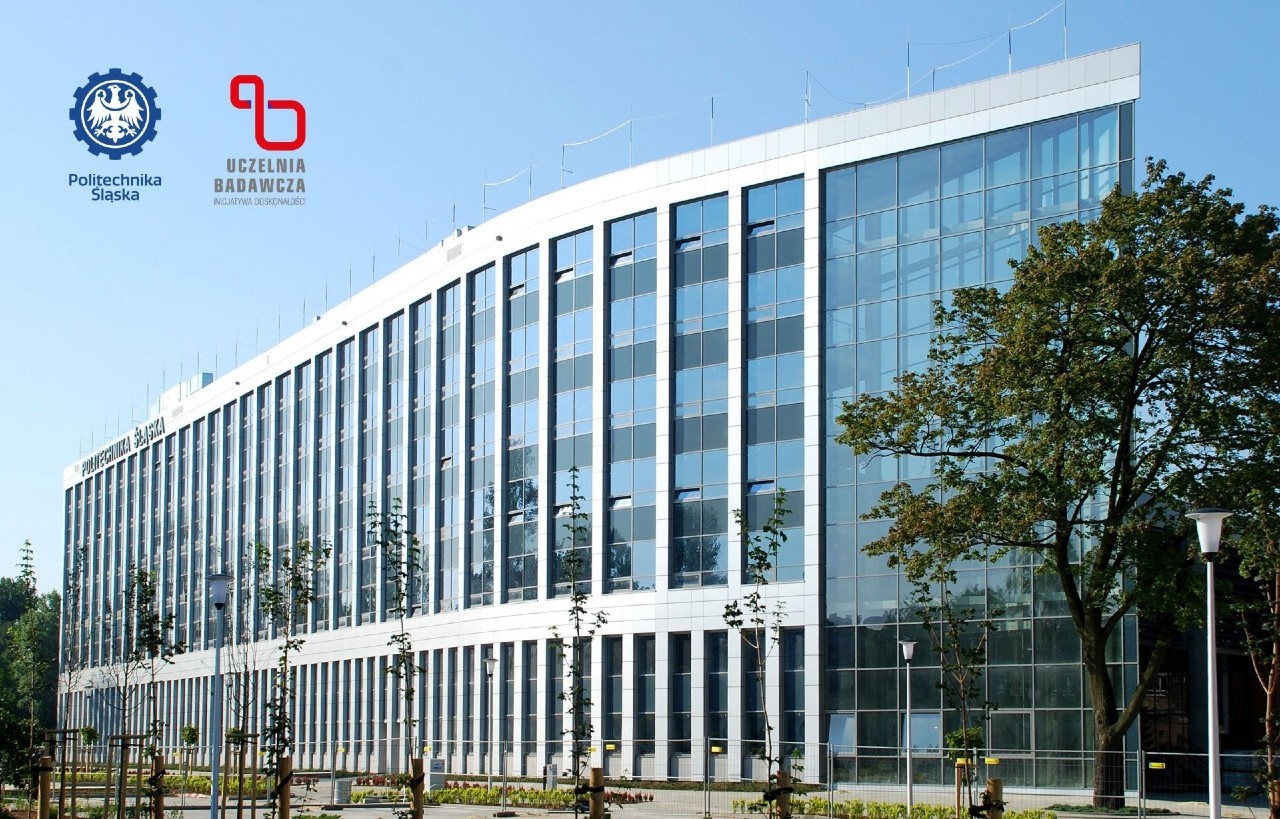The SEFI Early Career Researchers’ Club is a 9-month initiative designed to support and connect…
Luan M. Nguyen, Iowa State University, The US

Engineering education tends to focus on technical aspects and issues internal to engineering practice (Nguyen et al., 2020). Although ethics is intrinsically part of engineering work, this focus on technical aspects has led to many engineering students not being able to recognize that every engineering decision contains ethical dimensions, loosely defined as the ethical principles that guide individual and collective actions in the analysis of contemporary social and political concerns relating to engineering. In fact, underlying values and current sociopolitical and cultural contexts can influence their decisions (Baillie and Levine, 2013). For instance, an engineer might regard some indigenous knowledge as “non-scientific” because of their Eurocentric perspectives, potentially leading to project failure due to difficulty in collaboration with the locals. How do we promote engineering students’ understanding of the ethical dimensions of their technical work?
Ethical development is defined as the improvement in the ability to apply ethical principles that guide individual and collective actions in the analysis of contemporary sociopolitical concerns in the context of engineering. A potential way to promote ethical development among engineering students is using extra-curricular activities such as participation in on-campus student organizations (Brown-Liburd and Porco, 2011). Indeed, there is already a well-established tradition of participation in student organizations in higher education, spanning many areas and interests, such as political and multicultural organizations (e.g., Society of Hispanic Professional Engineers, Latinos in Science and Engineering, Society of Women Engineers).
Some studies have suggested that extracurricular activities such as participation in students organizations might play an important role in enhancing ethical and professional competencies in students, such as cognitive moral development (Brown-Liburd and Porco, 2011), enrichment of ethical standards and understanding of humanitarian technologies (Sadykova, 2018), and building social ties and developing social capital (Seow and Pan, 2014). Organizations with different missions might potentially promote ethical development in different ways (Holzweiss et al., 2007; Baker, 2008). For instance, some student organizations focus on competitive activities (building teamwork skills and enhancing professional relationships) and developing leadership skills. Some other organizations focus on creating a supportive social environment for minoritized students (providing social capital and enhancing awareness of diversity).
As another example, a study on religious student organizations as agents of spiritual and moral development among South African undergraduate students suggested that students involved in religious organizations had a stronger sense of belonging, which is a predictor of moral and ethical outcomes because they become more engaged with their communities (Cradit & Wawrzynski, 2018). Another study suggested that there might be a strong connection between involvement in student organizations and higher levels of development on several indicators of psychosocial development (e.g., establishing and clarifying purpose, cultural participation, life management…), which might potentially contribute to ethical development (Foubert &Grainger, 2006). In addition, the same study suggested that students who joined or led an organization tended to have higher levels of psychosocial development than those who just attended a meeting (Foubert &Grainger, 2006).
In addition, there are many racial/ethnic student organizations that, in general, aim to promote support for students of color and ethnic minorities to facilitate integration, sense of belonging, and persistence. Many of these organizations also aim to promote civic growth because the majority of college students is at a critical developmental stage in their lives where they are particularly open to growth associated with diversity experiences (Bowman et al., 2015). Indeed, 1st-year students are generally from racially and socioeconomically homogenous backgrounds and student organizations can provide them with more opportunities to be exposed to different opinions and situations that are often incompatible with their pre-existing stereotypes and worldviews. In addition, these student organizations also act as safe havens from which minoritized students can reach out to members of other racial/ethnic communities, the broader campus community, and their community at large. The activities in these racial/ethnic student organizations can reduce racial bias by exposing students to content-related knowledge and/or intergroup contact approaches (Bowman et al., 2015). Exposing students to content-related knowledge leads to increased understanding and empathy towards others or to one’s own role and responsibilities in bringing about social change while intergroup contact provides students with structured interactions between minoritized and non-minoritized groups.
These diversity activities within student organizations act as gateways for accessing mediating processes in students. These processes include cognitive aspects regarding the ways people think about others and emotional aspects regarding the ways people feel about others. Being able to access these mediating processes, in turn, affects students’ civic development (e.g., participating in volunteer work and charitable donations, affecting social change, keeping up to date on politics…) by increasing cultural awareness and reducing racial bias (Bowman et al., 2015). My hypothesis is that engineering student organizations represent critical learning sites of ethical development because they offer informal and socially rich opportunities for experiential learning. In fact, research has suggested that some knowledge is best acquired by doing, i.e., through socially engaging learning activities that connect with the real world (Kolb et al., 2001). This is true particularly when it comes to obtaining skills of ethical awareness and judgment because these are capabilities that develop through experience (Rest et al., 1999). I further hypothesize that the various organizational characteristics or institutions within these organizations have different effects on students’ ethical development. This then opens up more questions for future studies. For example, despite the important role of student organizations, it is still unclear how specific activities within these engineering student organizations affect the ethical development of engineering students in terms of providing critical spaces for experiential learning. Understanding the role of student organizations as key sites for ethical learning would, thus, provide insights into using extra-curricular activities as a means to promote ethical development among engineering students.


